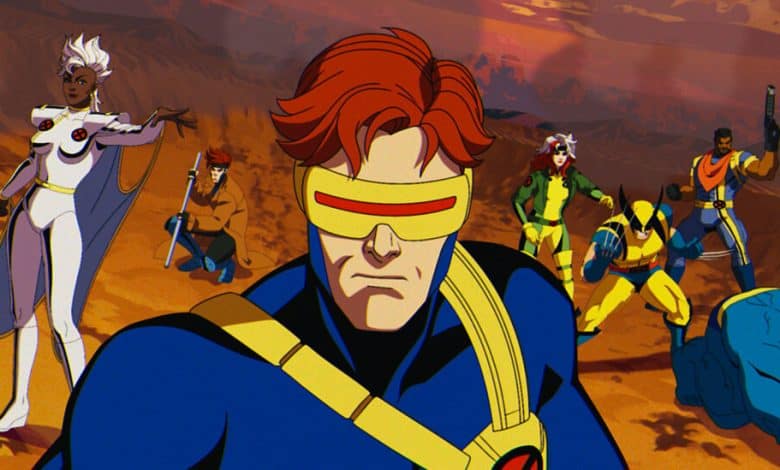‘X-Men ’97’ Revisits the Franchise’s Roots and Finds Them More Timely Than Ever

Saturday mornings were sacred for me in the mid-90s. Watching “X-Men: The Animated Series” defined a five-year period that was the most formative of my life.
The series, which was broadcast on Fox for five seasons from 1992 to 1997, introduced me and countless other millennials to the expansive world of Professor Charles Xavier and his mutant pupils, as they repeatedly saved humanity and aspired toward a future when they would be accepted as equals. With its classic characters — like the surly Wolverine, always ready with an angry quip, and the menacing Magneto — its steady stream of action sequences and ever-progressing plots, the show was riveting enough to draw in young viewers and yet loyal enough to the original comic books to appease older fans like my father, who would give footnotes on every episode as we watched.
It set the standard for the X-Men franchise, which would come to include a tiresome span of uneven, often incoherent films held together in the mighty claws of the indefatigable Hugh Jackman. (That legacy continues this summer with “Deadpool & Wolverine.”) So when I say that the Disney+ series “X-Men ’97” not only meets but also surpasses that original series, I mean that as a commendation of the show itself, but especially of the writer-producer Beau DeMayo, who worked on two seasons before being fired ahead of the series premiere. In an age of constant reboots and sequels, DeMayo and his team built something fresh and innovative from a piece of pop culture nostalgia.
“X-Men ’97,” which streamed its season finale on Wednesday, immediately picks up where the original left off: Xavier is dead and the X-Men are left floundering, with the lead couple Scott Summers (Cyclops) and Jean Grey wondering if it’s time to build a life apart from Xavier’s School for Gifted Youngsters. The world is still a place of prejudice and conflict aimed at mutants, who are building a utopian homeland on the island of Genosha. But evil forces, familiar and new, threaten to start a war and mass extinction event that will result in both mutant and human casualties.
From the very start, “X-Men ’97” shows an appreciation for, and understanding of, the best elements of the original animated series. It almost exactly replicates the classic opening theme, and the two series begin with first episodes that mirror each other: Both introduce a lost young mutant. The continuity shown to the plot, the characters’ arcs, the animation and even the music is refreshing, particularly because the series doesn’t pander to new audiences. It doesn’t get dragged down by exposition, instead assuming its audience is the same from 1997, ready to pick up where the original series left off.
But “X-Men ’97” isn’t so evangelical that it disregards the original’s pitfalls; though forever beloved, “X-Men: The Animated Series,” now seems as stiff as the posture of a Sentinel. Those action-packed story arcs are awkwardly condensed, and the pacing is almost always ungainly. The fight sequences, dazzling at the time, are now jerky and robotic. The dialogue is stilted, and the accents in the voice acting — particularly Gambit’s confusing, inconsistent Cajun twang — are abominable.
